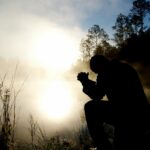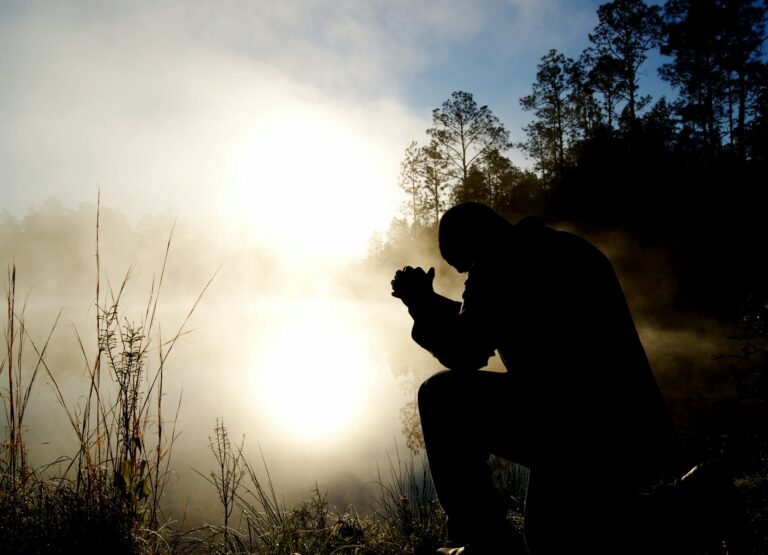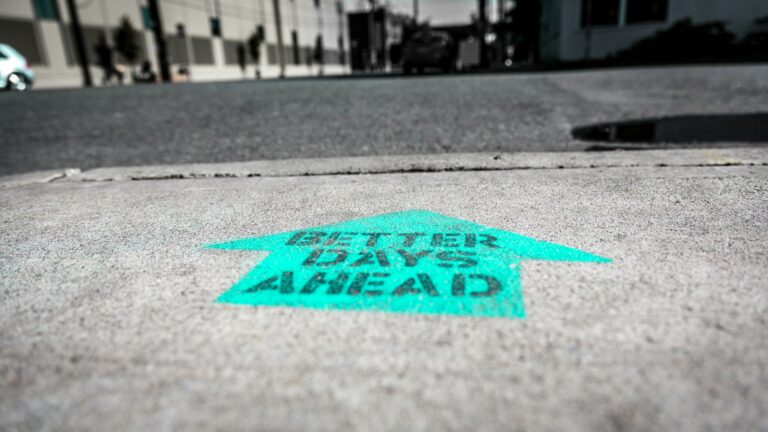If you are in TGC or reformed-type circles you have likely heard about the decision by Grace Community Church in California to defy the state’s orders prohibiting their indoor worship gatherings. This position marks a change from GCC’s earlier stand of compliance with the state. In response to the GCC statement, Jonathan Leeman of 9Marks warned that although GCC may think civil disobedience is warranted, other churches should be careful not to rush to do the same.
If you’ve followed this, you know that such disagreements between friends are amplified through the digital echo chamber of social media.
Support for GCC and John MacArthur has come from Douglas Wilson who viewed MacArthur’s stand as the sort of fatherly and grandfatherly voice which the current confusion desperately needs.
Others such as Gavin Ortlund or R. Scott Clark argued that a recognition of the threat of Covid-19 (variously interpreted) justified submission to the government’s measures. All seem to agree that the government measures have been applied with butterfingers and a clumsy hammer.
Two Civil Disobedience Cases
With the loss of confidence in political leadership, we are seeing many reconsiderations of civil disobedience. What it looks like and the reasons for it can differ greatly. It’s possible that we are seeing this diversity played out by erstwhile friends on many sides. The position of civil disobedience taken by MacArthur respecting the California government has an ironic parallel to the civil disobedience of Thabiti Anyabwile in marching with protests occasioned by the death of George Floyd.
The plot thickens when we consider Leeman’s critique of GCC warning other churches to be cautious about the following suit, yet Leeman participated in the protest with Anyabwile’s church.
In both cases, the advocates are calling for courage and action. And in both cases, the actions taken involve civic action.
Questions Remain
There are many unforeseen consequences that result from our civic action, especially civil disobedience. Some are good; some are bad. All of us need to be discerning regarding the Scriptures and their application to the present confusing age.
Is the social courage of MacArthur more significant in the culture war than we realize? Is his civil disobedience exercising the muscles of resistance, obeying God rather than men (Acts 5:29), which every church in the West will have to exercise at some point, sooner rather than later as Leeman suggested?
Is the civil disobedience of churches and their engagement in the cultural civil war a great temptation and deception?
Should churches plan to “organize” as Pastor Anyabwile plans to do at his church, in order to engage in the political, social and cultural spheres?
Can we see clearly the difference between orthodox good works and the gospel destroying ideas of liberation theology? Liberation theology demands that theology be done on “the axis of oppressed and oppressor.” Are we able to discern what cements orthodoxy from what erodes it?
Is civil disobedience a cover in our churches for our impatience, and our unwillingness to sacrifice our preferences or comfort for a season?
In the GCC statement, the principle stated that the church’s authority ought not to be abdicated by pastors and given to, “the secular official who illegitimately imposes his authority upon the church.” Albert Mohler responds by saying: “[T]he application of that principle in context will vary from congregation to congregation, place to place. In the COVID-19 pandemic, we have a complicated situation of multiple and diverse and overlapping jurisdictions. We also have a difference of context, even from one community or state to another. We have 50 governors with 50 states, and we also have health regulations that are handed down by local officials, whether city or county.”
We are at a time when pastors and parishioners are making judgements about each church’s curation of data. The massive amount of data includes public health statistics, risk assessments, constitutional legislation, authoritative information and “fake news.” Of course, we all need to be those who like the men of Issachar, have “understanding of the times” (1 Chron 12:32). But are pastors expected to have subject matter expertise in all of these realms and to curate accordingly? Again, the difference between the individual private judgement on these matters, and the limits of local churches comes into view.
What is the Mission of the Church?
I think we need to be very careful at this point, and everyone would do well to re-read the work of Kevin DeYoung and Greg Gilbert in What is the Mission of the Church. Those authors helpfully distinguished between the individual Christian as a citizen, and the mission of the church as the church, rather than a political action committee or community service club.
One thing is clear, that between protests against social injustice or against the infringement of religious liberties, civil disobedience is back on the table.
One thing is clear, that between protests against social injustice or against the infringement of religious liberties, civil disobedience is back on the table.
Some are itching for any excuse to use it. Others have deliberated carefully and at length, being resolved to defy their governments. Still, others are submissive to the government out of social pressure that they aren’t aware of like the frog in the kettle. Other churches submit to the government, as instituted by God (Rom 13:1), foolish and “unjust” (1 Pet 2:18) as they might be, not because the government is good, but because God is.
We are called now to return to our Bibles and consider the long history of debate about the relationship between the Christian, churches and governments.
Now we are in desperate need of biblically, theologically informed consciences. And “let each be convinced in his own mind.” (Rom 14:5).
















